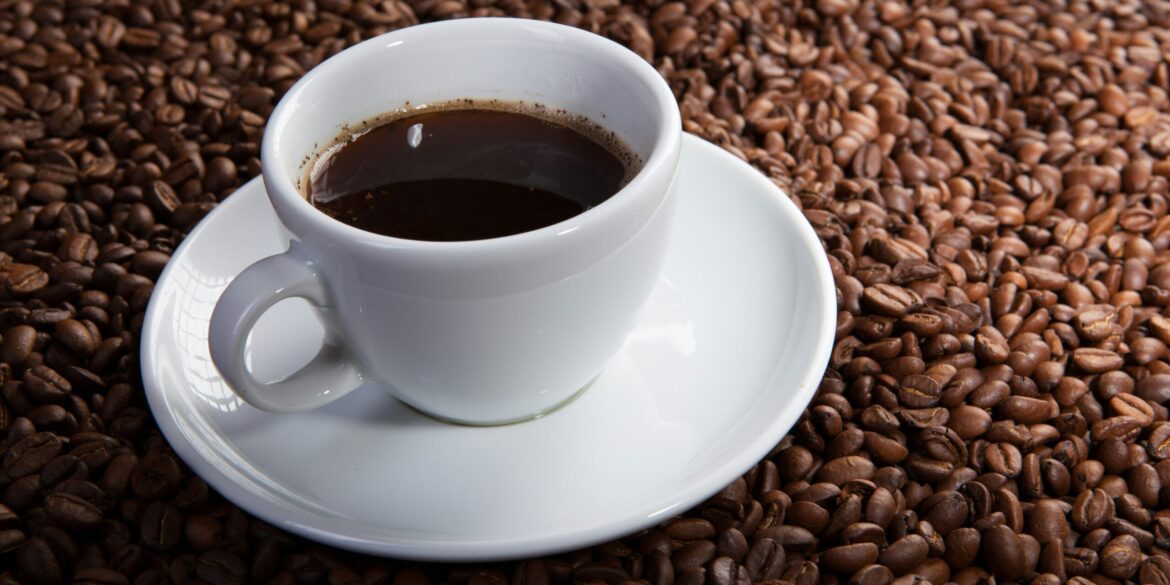A groundbreaking clinical trial published in JAMA on November 9/10, 2025, has revealed that consuming at least one cup of caffeinated coffee daily could significantly reduce the recurrence of atrial fibrillation (AFib) in adults undergoing treatment for the condition. The international study found that daily coffee consumption was associated with a 39% lower risk of AFib or atrial flutter recurrence over six months compared to those who avoided caffeine altogether.
The randomized clinical trial, which involved approximately 200 participants from the U.S., Canada, and Australia, all of whom had persistent AFib and were undergoing electrical cardioversion, divided participants into two groups: one group consumed at least one cup of caffeinated coffee daily, while the other group abstained from caffeine completely. After six months, recurrence rates were found to be 47% in the coffee group, compared to 64% in the caffeine-free group, suggesting a notable protective effect of caffeine on heart rhythm stability.
Several potential mechanisms were suggested by the researchers to explain the observed effects. Coffee is thought to promote physical activity, act as a mild diuretic to reduce blood pressure, and contain anti-inflammatory compounds that could help stabilize the heart’s electrical system. These combined factors might contribute to the reduction in AFib recurrence seen in the coffee-consuming group.
However, experts have cautioned that these findings apply specifically to the study population and advise individuals with AFib to consult with their healthcare provider before making any changes to their caffeine consumption habits. While the results challenge the long-standing recommendation for AFib patients to avoid caffeine, experts stress the need for further research to confirm whether these findings can be generalized to a broader population.
This trial could potentially influence cardiology dietary guidelines, particularly in regard to the role of caffeine in managing heart rhythm disorders. If future, larger-scale studies confirm these results, we may see a shift in how caffeine is viewed in the context of AFib treatment, offering new insights into the management of this common heart condition.

